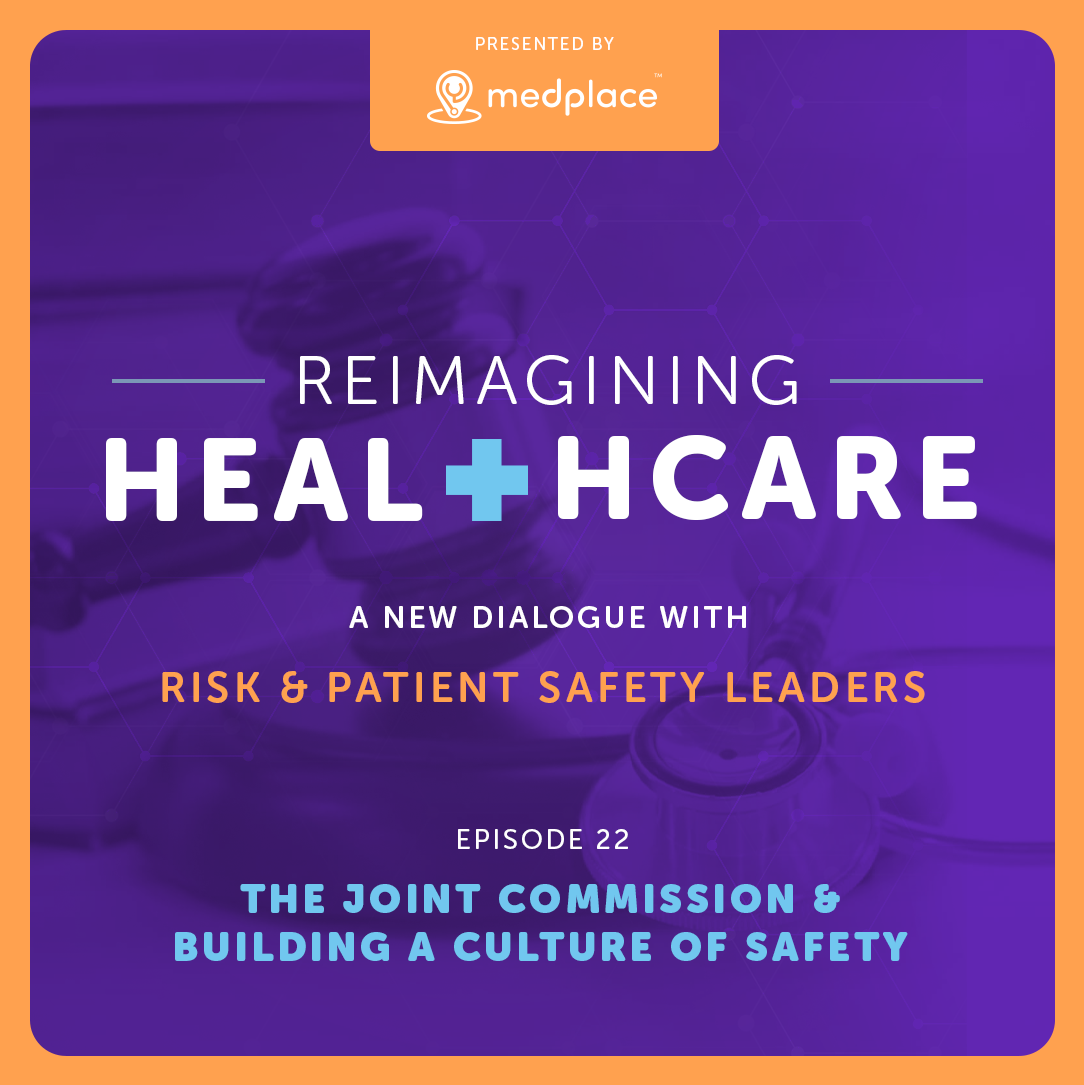Related Resources
Everything You Need to Know About Improving Medical Peer Review
This guide will help explain everything you need to know about improving Medical Peer Review.
2 Ways to Standardize Your Peer Review Process
Here's how to standardize your hospital's peer review process with clinical guidelines and data collection.
How Often Should I Review My Doctors and Nurses?
Your ideal medical peer review process depends on your hospital type, specialties, and accrediting body.



